What is a VPN?
A VPN, or Virtual Private Network, is a technology that allows users to create a secure, encrypted connection to another network, usually the internet. This connection helps to protect your data and privacy while browsing the internet. As well as to access resources that might be restricted or jammed in your location.
When you link to the internet, your device transmits and acquires data via your internet service provider (ISP). This data can include sensitive information such as login credentials, credit card information, and personal details. A VPN encrypts this data, making it unreadable to anyone who intercepts it. This encryption helps protect your data from hackers, government surveillance, and other forms of data breaches.
VPNs also allow users to connect to a server in a different location. This can be used to bypass geo-restrictions and access content that may be blocked in your location. Moreover, this is particularly useful for people who travel frequently. Or want to access services that are only available in certain countries.
VPNs are also commonly used by businesses to protect their sensitive information and keep their data secure. This can include financial data, customer information, and other confidential information. By using a VPN, businesses can ensure that their data remains protected even when employees are working remotely. Or, perhaps using public Wi-Fi networks.
There are many different types of VPNs available, and each one has its own set of features and capabilities. Some VPNs are complimentary to utilize, meanwhile others need a subscription. Besides, some VPNs are developed for private use, although others are particularly created for businesses. It’s important to research different VPNs and choose one that meets your specific needs.
What are the Uses of VPN?
VPNs have become increasingly popular in recent years as more and more people become concerned about online privacy and security. A VPN allows users to create a secure, encrypted connection to another network. However, VPNs have many other uses that you might not be aware of. Here are 8 interesting VPN uses you might not have heard of:
#1. Bypassing geo-restrictions
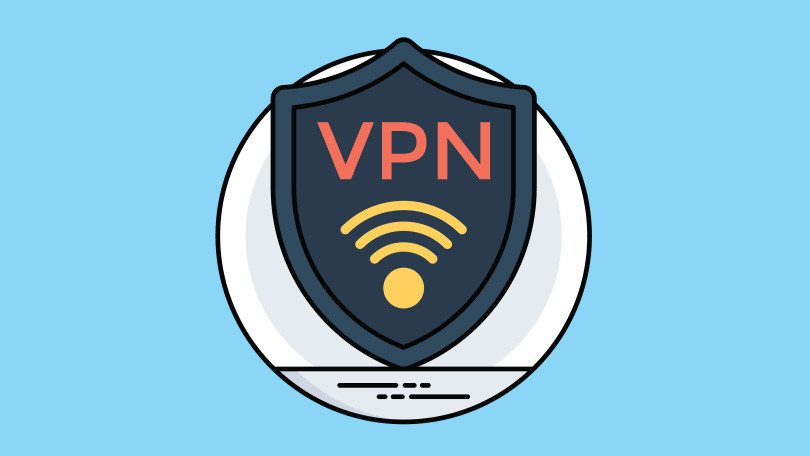
If you’re trying to access content that is only available in certain countries, a VPN can help you bypass these geo-restrictions. By connecting to a VPN server in the country where the content is available, you can access it as if you were physically located there.
When you connect to a VPN server, your internet connection is routed through that server. It then allocates you a unique IP address. This new IP address makes it appear as if you are located in the country where the VPN server is located. This allows you to access websites and services that may be restricted or blocked in your actual location.
For instance, through NordVPN, connect to a VPN server in a country where the prices for your desired vacation are lower. You can access these lower prices and book your vacation at a cheaper rate. This can be an excellent method to save cash on your holidays. Because prices can vary greatly from one country to another.
Also Read: ExpressVPN vs. NordVPN: Which One Is Better In 2023
#2. Stop and Bypass Bandwidth Throttling
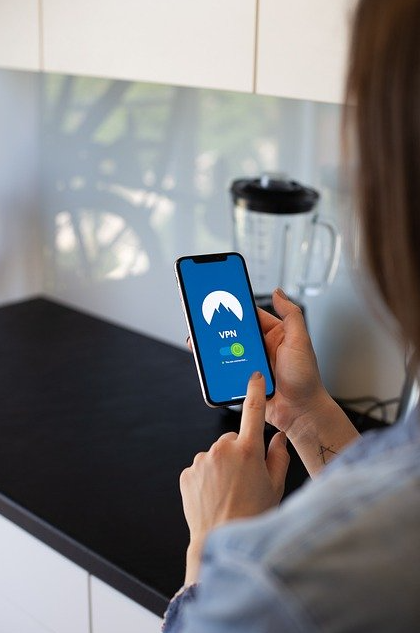
Bandwidth throttling is a tactic used by ISPs to manage network traffic and reduce congestion. This can result in slower internet speeds for users who consume large amounts of data, such as gamers and streamers.
A NordVPN can help you avoid bandwidth throttling by encrypting your online traffic. When your internet connection is routed through a VPN server, your ISP can no longer see your browsing habits. Moreover, it cannot target you for bandwidth throttling. The encryption process makes it difficult for the ISP to determine how much data you are using. Also, it makes it difficult for them to differentiate between different types of online activity.
By using a VPN, you can enjoy online games and stream without major bandwidth disruptions. You can also use a VPN to access online content and services forbidden in your country.
Also Read: 8 Best Free VPN Trials 2022
#3. Keeping your online activities private
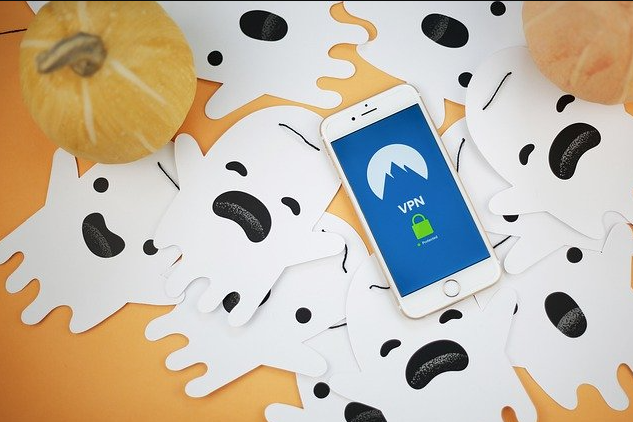
A VPN can also help you to protect your online privacy. When you connect to a VPN server, your internet connection is routed through that server. It gives you a new IP address. This new IP address makes it difficult for others to track your online activity. As your true IP address stays hidden behind the IP address of the VPN server.
By using a VPN, you can mask your IP address and make it more difficult for advertisers, hackers, and government agencies to track your online activity. This can be especially useful if you are concerned about online surveillance, censorship, or data breaches.
Also Read: How To Create Your Own VPN?
#4. Protecting your online shopping
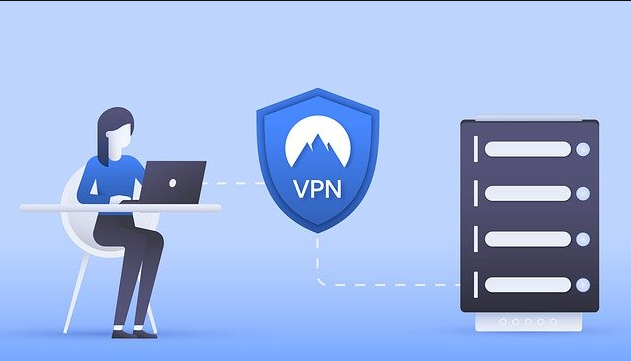
A VPN can also help you to save money by accessing lower prices from different countries. By masking your IP address and making it appear as if you are browsing from a different location, you may be able to access lower prices for the same products. This can be especially useful when shopping for expensive items, such as electronics or travel packages. By using a VPN, you can compare prices from different countries and choose the one that offers the best deal.
Have you ever been to a store and stood completely surprised by the prices of the same items? It’s unfair when someone pays less for the same thing just because they are local. The same thing happens online, with different prices displayed based on the location and IP address of the user.
Businesses use IP addresses to determine the country a user is browsing from, and this gives them the freedom to decide what search results to show and what prices to offer. To get the best deals, it’s important to clear browser cookies and launch a VPN app. For instance, NordVPN is a great option when searching for a VPN to download. Moreover, switching between different locations to see if the prices are lower. This can be a great way to save money on online purchases and get the best value for your money.
Also Read: How To Enable VPN Blocked By Your Router?
#5. Accessing blocked websites
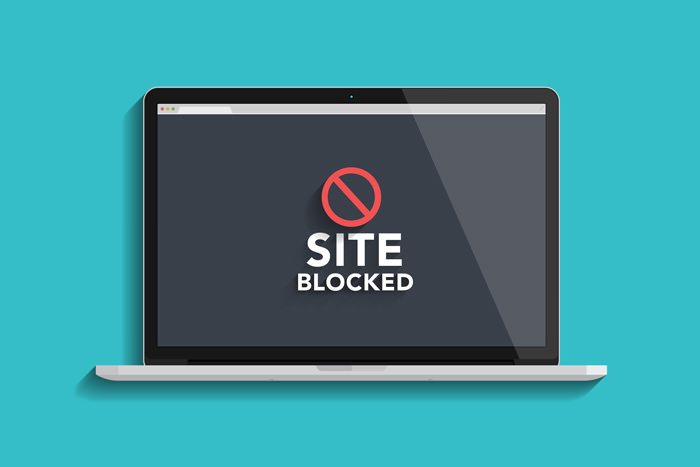
Some websites and services are blocked in your country or region. A VPN can help you to access content and services, blocked or restricted in your area. Some governments and organizations use firewalls and other tools to block access to certain websites and services, such as social media, news sites, and streaming platforms. Also, It helps you to bypass these blocks and access the content you want.
Also Read: 5 best Browsers with Built-in VPN
#6. Secure, Unrestricted, and Smooth File Sharing
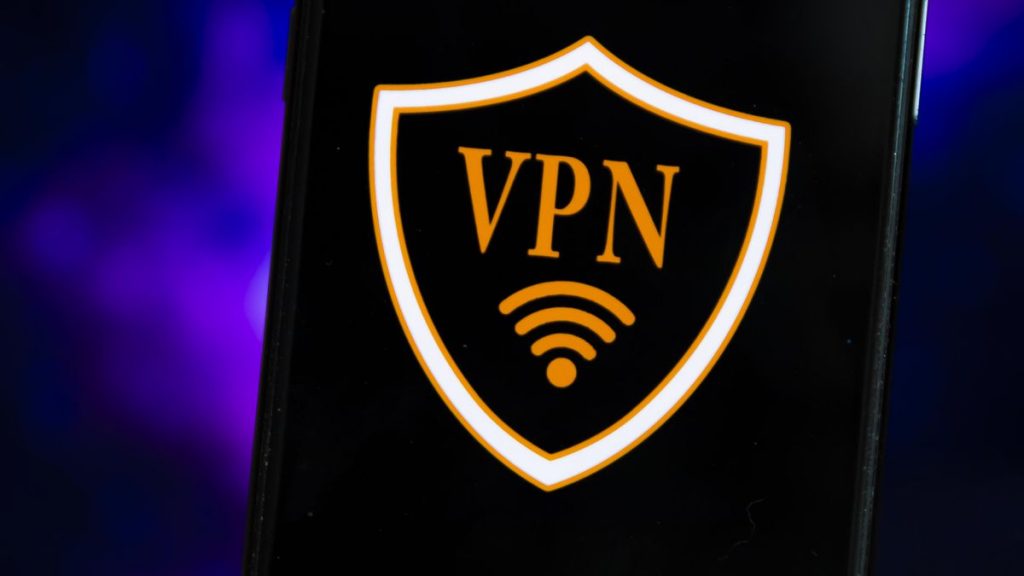
To ensure reliable and secure online file sharing, one of the solutions is to use the best VPN services available. VPN services provide a secure connection to the internet. It helps to protect personal information from malicious individuals or organizations.
The best VPNs for file sharing, such as NordVPN, provide a variety of servers. It allows users to create a secure connection to a remote server, encrypting all data that passes through. This ensures that users can securely and quickly access the data they need. Without the fear of information went stolen or intercepted. Additionally, using a VPN for file sharing allows users to bypass filters and restrictions. This helps to access resources faster and more securely. With a reliable VPN service, users can enjoy uninterrupted access to their files from any device and any location. Without having to stress regarding their data being compromised.
Also Read: Antivirus vs VPN – Which Protects You Online Better in 2021?
#7. Improving your gaming experience
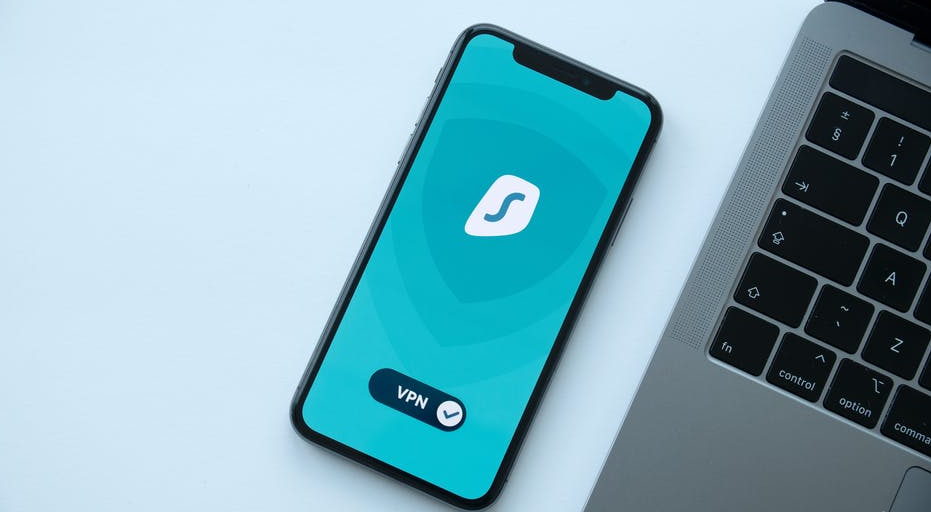
Gamers can also benefit from using a VPN. By connecting to a VPN server in a different location, gamers can reduce latency and improve their gaming experience.
Further, having a fast and reliable connection is essential when playing online games. That’s why many gamers opt for using a Virtual Private Network (VPN). Not only does it enhance the connection pace. But it also protects your IP address. And makes it harder for malicious players to conduct Distributed Denial of Service (DDoS) attacks. Or flood your network with artificially inflated traffic.
Moreover, VPNs like NordVPN offer an additional feature called Meshnet. It allows you to connect with other players in a secure and encrypted LAN setting. This lets you play games together without the risk of your disrupted connection. With Meshnet, you no longer have to worry about DDoS attacks slowing down your game or making it inaccessible.
Also Read: 4 Best VPNs For Dedicated / Static IP Address
#8. Securing public Wi-Fi networks
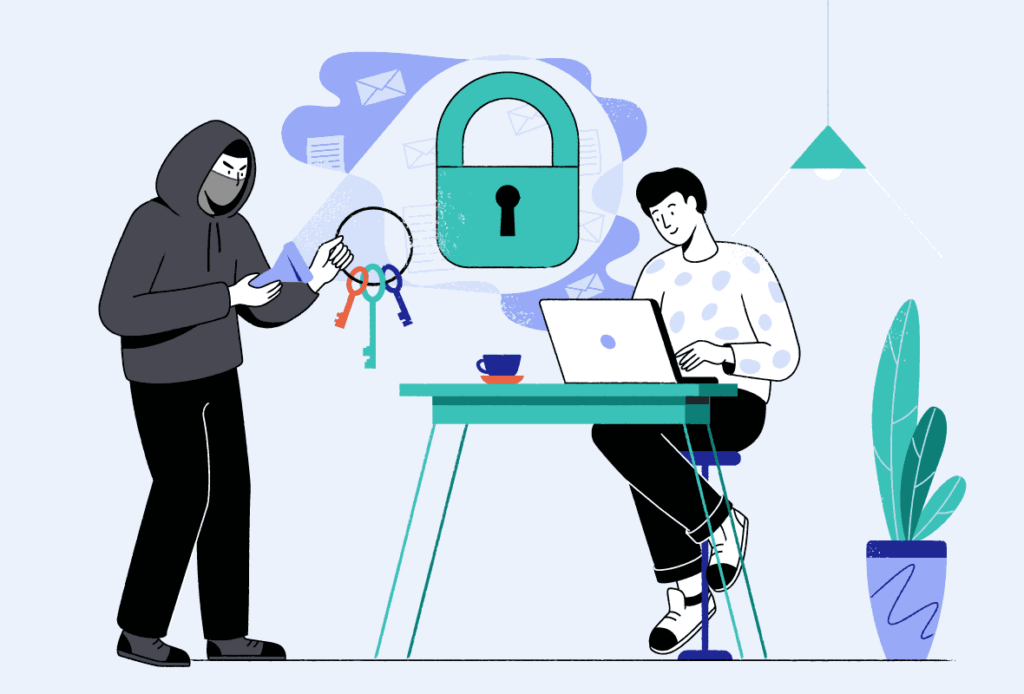
Securing public Wi-Fi networks is a hot topic in the cybersecurity industry. Many people turn to a Virtual Private Network (VPN) for the extra protection it provides. A VPN operates by making an encrypted link between you and the internet. It ensures that all your data is safe from prying eyes. It also masks your online activity, making it difficult for would-be hackers to find and exploit you.
To use a VPN, you will first need to install the software on your device. Then, when you connect to a public Wi-Fi network, you will be able to open the VPN app and select a server to connect to. This will encrypt your connection, making it secure. It is also important to use a high-quality VPN. You can install NordVPN as it is one of the trusted VPNs out there. Since not all VPNs offer the same level of protection. Once you connect it, you can browse the internet in peace, knowing that your data is safe.



















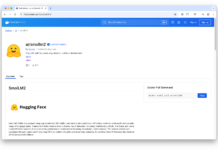








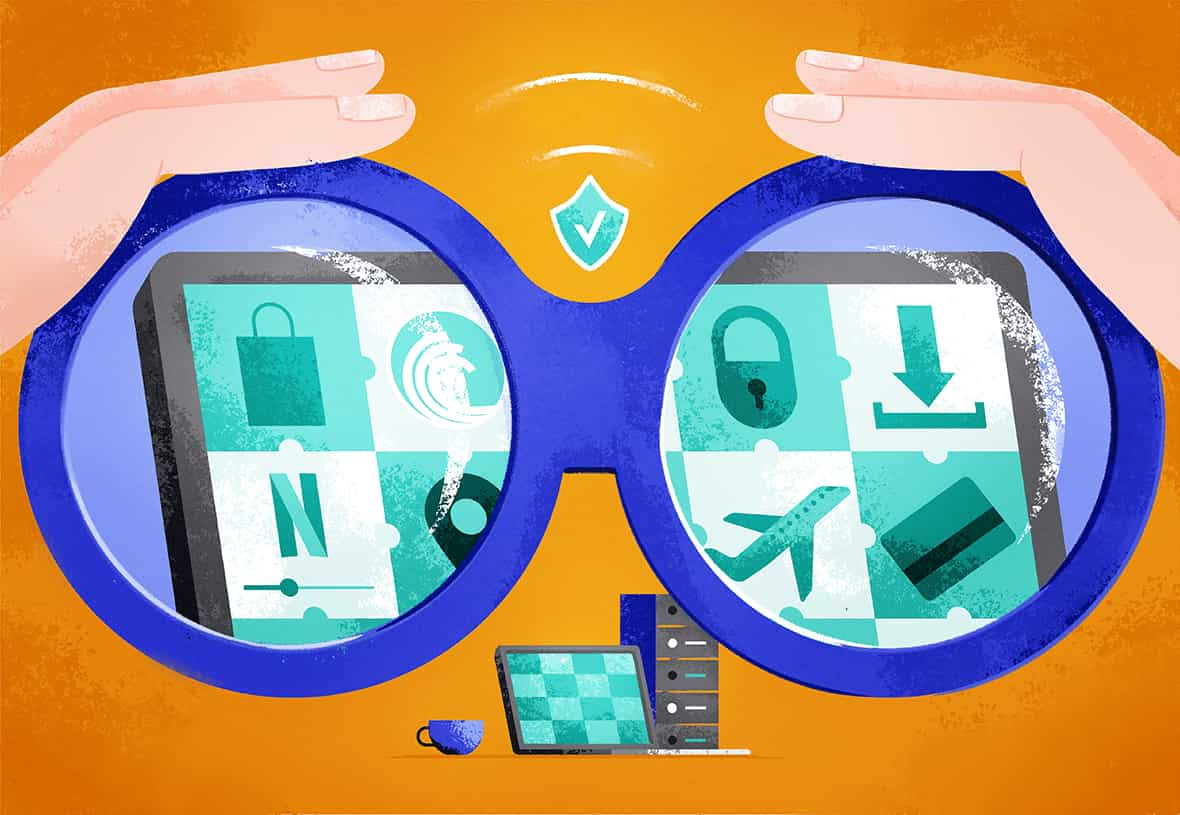



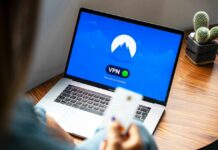


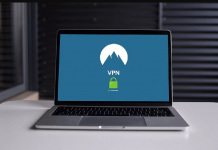
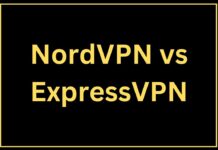

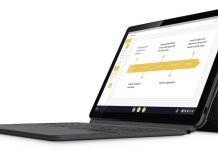
![[Fixed] VPN Not Working In Windows 11 VPN Not Working in Windows 11](https://www.hawkdive.com/media/VPN-Not-Working-in-Windows-11-218x150.jpg)